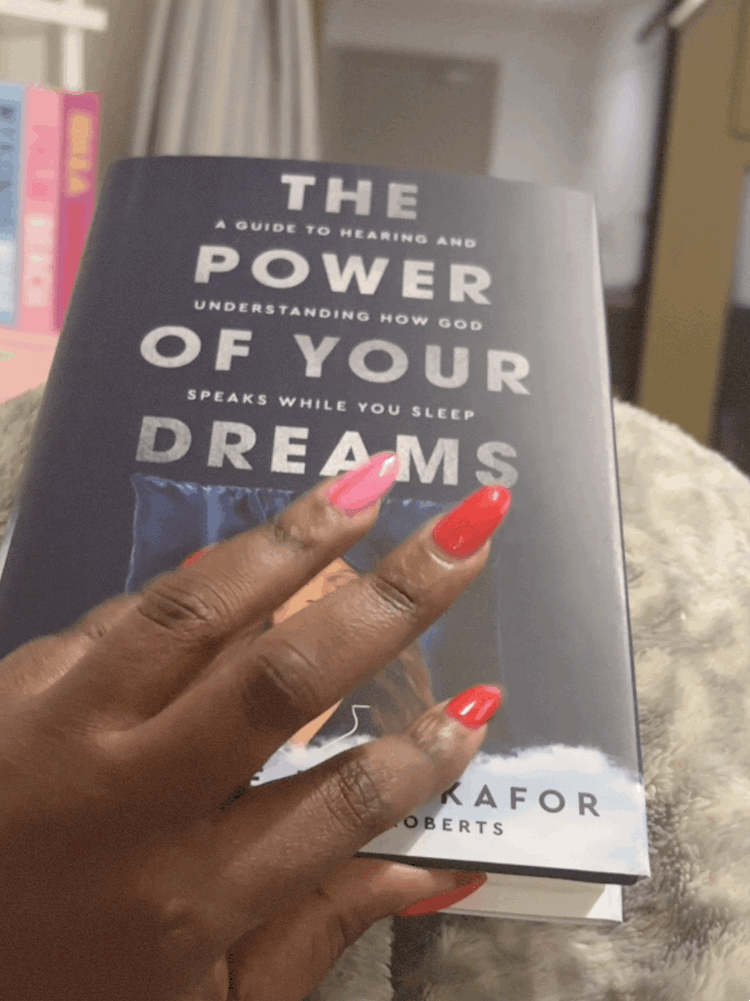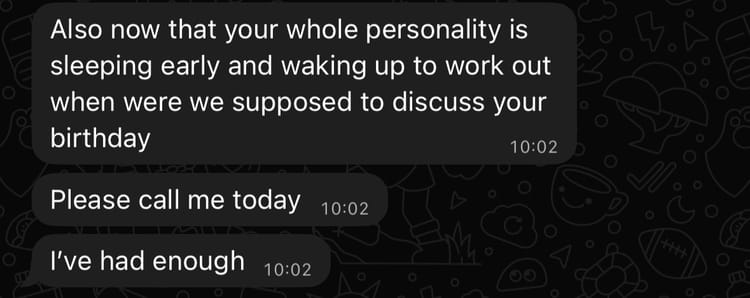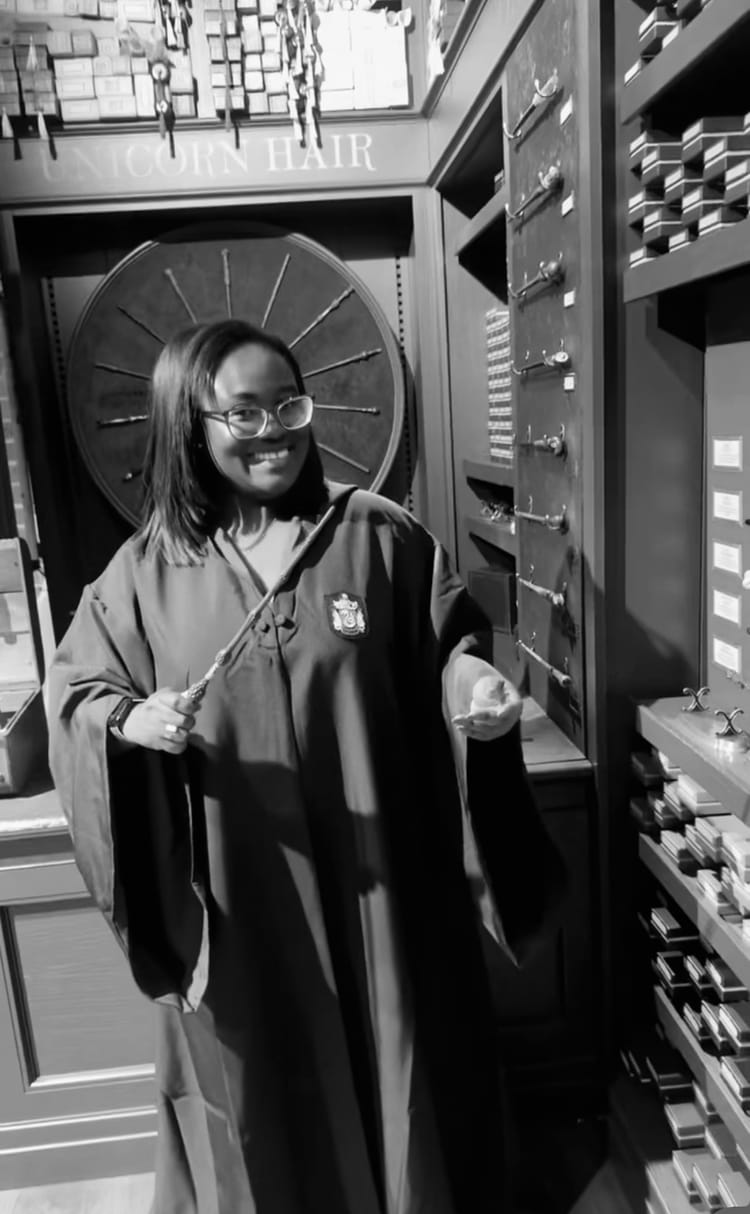Therapy isn’t a crisis move, it’s a clarity move

I never really thought about therapy until I turned 30. It’s not that I thought it was irrelevant. It’s not even that I didn’t have things I needed to unpack. Honestly, I just didn’t think I qualified for it. I didn’t feel like a “grown-up” yet. I didn’t feel settled enough, accomplished enough — maybe even damaged enough. I was still living at home. That had a lot to do with it.
For the longest time, I had this internal deadline: “By 30, I’ll move out.” That was my personal marker for adulthood. It wasn’t about moving in with a partner or starting a family — it was just about having my own space. A place where I could breathe, make my own choices, pay my own bills, and feel independent. A place where I could paint the walls any color I wanted, leave dishes in the sink (or not), come home at 2 a.m., or not come home at all.
And I did it. I finally moved, even before I turned 30. I decorated every corner of that space like it was my own little universe. I set up candles I’d never light, filled drawers with things I didn’t need, and imagined I’d suddenly turn into the kind of person who had a social calendar. Spoiler: I didn’t. Turns out, I don’t really enjoy being out that much. I like silence. I like my space. I like… being alone, actually.
That solitude hit different. It wasn’t loneliness — not exactly. It was more like a stillness I hadn’t experienced before. It was quiet enough for me to hear my own thoughts — not the ones I repeated out loud to friends or journaled in curated captions, but the uncomfortable, private ones. The ones that live under your routines and roles. I started asking myself harder questions.
Why do I react the way I do? Why does everything feel like my responsibility? Why do certain memories still sting? Why do I need to control everything?
I didn’t have answers, just a bunch of questions echoing through my apartment. So I decided to talk to someone.
That’s how therapy started for me.
At first, it felt like I was just catching someone up on my life story. I walked through milestones, patterns, moments. But slowly, we started peeling things back — gently, but deeply. And that’s when things shifted. We weren’t just talking about what happened anymore — we were exploring how it shaped me.
I’m grateful that therapy was never taboo in my family. Mental health was taken seriously, especially because of my brother’s autism. We were encouraged to express ourselves. Crying was okay. Talking about feelings was okay. Failing was okay — even if I personally struggled to accept that. And if you needed to speak to a professional, you were supported in that.
Still, outside that bubble, I’ve heard the comments:
“Therapy is for crazy people.”
“You must really be going through something bad.”
“Just pray, it’s not that deep.”
And even though I now know those statements are wildly untrue, I get where they come from. Therapy still carries stigma — especially in communities where strength is seen as silence and healing is expected to happen in private. But therapy isn’t about being crazy. It’s not a last resort. And it’s definitely not a cult you have to join.
It’s a conversation. With someone trained to help you understand yourself a little better. That being said, therapy isn’t the only path to self-awareness. And I’m not here to sell it like it’s a one-size-fits-all solution. What matters is having a system that works for you. Maybe that’s journaling. Maybe it’s sending yourself voice notes or writing texts to your future self. Maybe it’s praying or taking long walks or crying in the shower while your favorite playlist is on loop. Maybe it’s talking to friends who see you — really see you.
The truth is, healing doesn’t always come in the form of a 60-minute session on Zoom. But it does come from paying attention to yourself. From giving yourself the space to feel. To reflect. To grow. To understand where your behaviors come from. To unlearn. To forgive. And to imagine something gentler for yourself. Therapy just gave me the permission to start doing that, intentionally.
So no — you’re not “crazy” for going to therapy. You’re curious. You’re brave. You’re doing the work of coming home to yourself. And no, therapy isn’t a religion. You don’t have to believe in it for it to work. You just have to be willing to ask yourself, “What if I stopped carrying all of this alone?”
And that… that question can change everything.





Member discussion